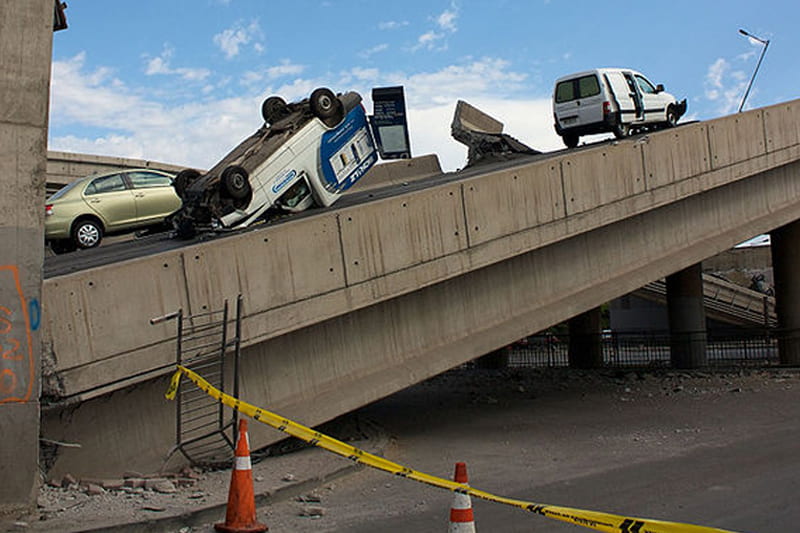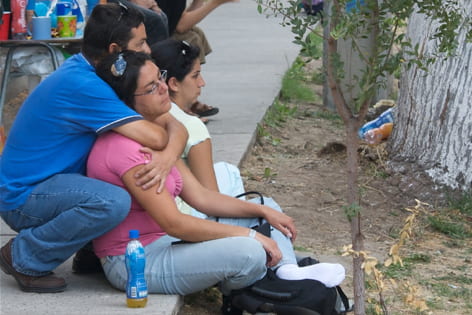Helping Chileans heal
Roxane Cohen Silver, UCI expert on trauma and coping, advises leaders of quake-stricken country on ways to promote psychological recovery.
Strict building codes minimized casualties from Chile’s 8.8-magnitude earthquake in February, but strong aftershocks, a deadly tsunami and public-service disruptions caused plenty of panic and anxiety. As the nation cleans up, restores order and rebuilds, a UC Irvine expert on trauma and coping has been helping Chileans recover from the quake’s emotional wounds.
Roxane Cohen Silver, professor of psychology & social behavior,recently spent a week in the seismically active country meeting with government and university officials to develop psychological interventions and disaster-preparedness programs for residents.
“The people of Chile have been profoundly affected by the earthquake,” she says. “Many described it as three minutes of escalating horror in the middle of the night.”
Silver studies emotional, social and physical responses to traumatic events and has investigated the effect of such disasters as the Columbine High School shootings, the 9/11 terrorist attacks and the 2006 earthquake in Indonesia.
Psychological interventions, she says, teach people how to manage fear and react calmly in stressful situations. An important part of the process is recognizing behaviors that hinder coping, like giving up.
“It’s normal to feel sad, anxious and distracted after an unexpected disaster,” she says. “People should only be concerned if they’re unable to function – get out of bed, take care of the kids – as a result of these feelings.”
In Chile, Silver delivered public lectures at Santiago’s Universidad Andres Bello, appeared on TV and radio, and met with ministers of education and health at the Palacio de la Moneda, the official presidential residence.
She also toured Concepcion, Chile’s second-largest city and only 71 miles from the earthquake’s epicenter, and the port town of Talcahuano, where a tsunami left thousands homeless and destroyed fishing boats.
Silver was invited to the South American nation by Pedro Uribe Jackson, dean of the medical faculty at Andres Bello. Psychologists in Chile were familiar with her 2005 U.S. congressional testimony on the role social and behavioral sciences can play in disaster preparedness and response.
“As a university, we have a social responsibility to the rest of the country,” Uribe said in a United Press International story (Spanish). “Roxane Silver’s experience in dealing with the aftermath of catastrophic situations will be of great value to Chile.”
Silver will collaborate with colleagues from Andres Bello on short-, medium- and long-term projects, including a national study of the quake’s psychological impact and teaching coping skills to healthcare workers and first responders in the most devastated areas. The general public would receive similar interventions later.
“The visit was an incredible experience,” she says. “I’m eager to see my work and research help shape public policy in Chile.”


